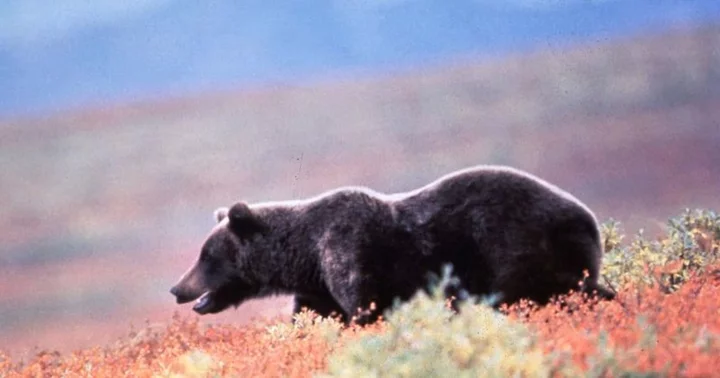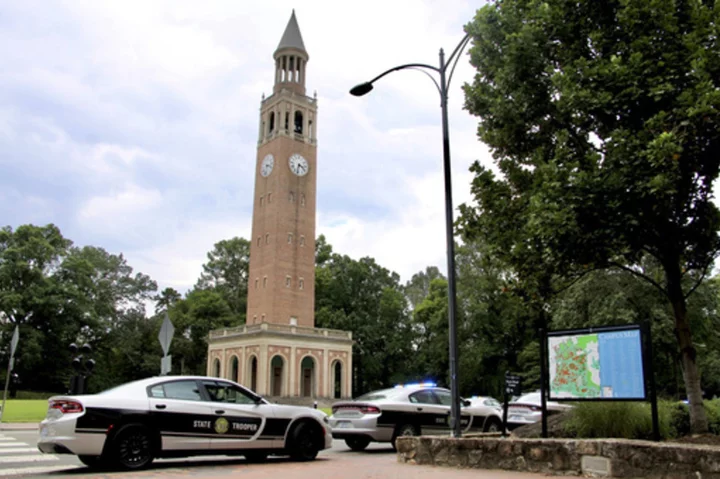HOKKAIDO, JAPAN: Fears that a fisherman was eaten alive by a brown bear with "boots hanging from its mouth" has increased after a human head was also found in Lake Shumarinai in Japan. Toshihiro Nishikawa, 54, was dropped off at the isolated fishing area, but he never came back, leading to the incident being reported on Monday, May 15.
Lake Shumarinai is located on Hokkaido, Japan's northern island. According to recent sources, the island is home to over 6,500 Ussuri brown bears. In 2021, 14 people were killed or injured by bears in Hokkaido, according to official reports.
READ MORE
TO KILL OR NOT TO KILL: Debate over killer bear rages on as victim's family against putting it down
What happened to Toshihiro Nishikawa?
According to authorities, Toshihiro Nishikawa, 54, went missing while fishing alone on Sunday, May 14, near Lake Shumarinai in the town of Horokanai. The boat operator who took the man to his destination reportedly saw a bear with fishing boots hanging from its jaws that day. The driver then made unsuccessful phone calls to Toshihiro, according to Kyodo News. Horokanai authorities subsequently initiated a bear hunt, which culminated in the shooting of an animal in the region later that evening. During the hunt, a human head was also uncovered near where the fisherman was last seen. Local authorities, however, have yet to establish whether the head belongs to Toshihiro, an Okoppe native. The lake, which lies in northern Hokkaido, attracts fishermen looking to capture trout, Japanese smelt, and the seldom encountered Sakhalin taimen.
Are Ussuri brown bears dangerous?
One of the most vicious bear species on Earth is the Ussuri brown bear, sometimes called the Ezo brown bear, Russian grizzly bear, or black grizzly bear. They reside in the Ussuri area of the Amur Region, Sakhalin Island, Hokkaido, and Kunashir Islands, as well as in northwest China and on the Korean peninsula. According to a report by public broadcaster NHK, the number of bear sightings in Hokkaido this year has increased, with the police receiving 339 complaints as of May 11—40 more than they did during the same time frame last year when bears were observed a record 2,240 times.









